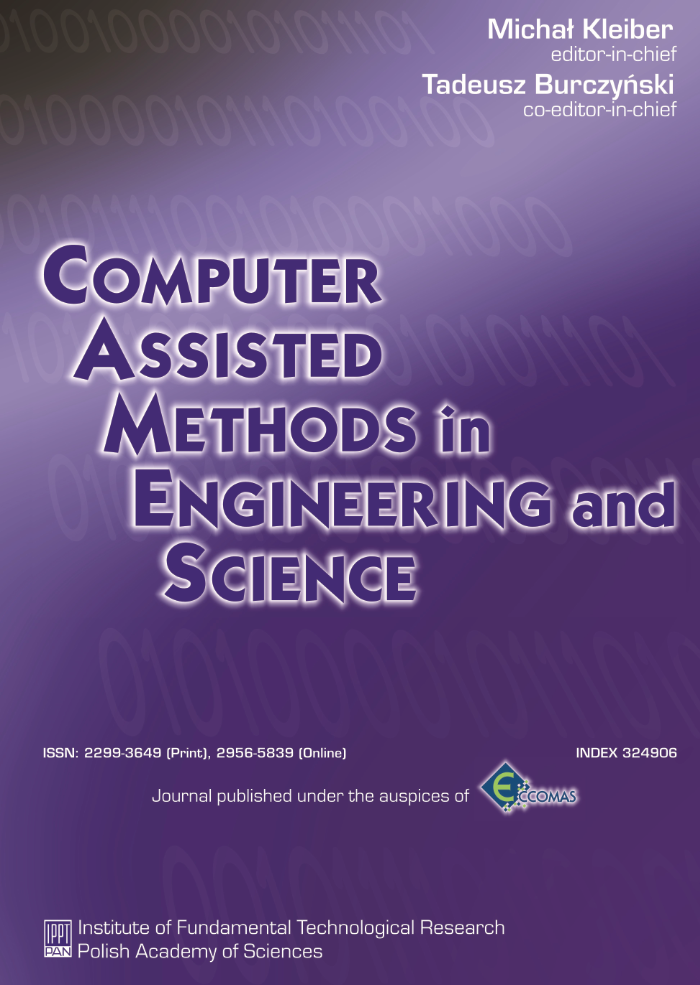Abstract
For man, possessing the ability to recognize the specific situation that has arisen at any instant of time and taking the appropriate decision without using a mathematical model is what ?adaptation? means. Adaptive principles are being extended to more complex systems in widely different areas, in which we need to replace the traditional metaphor of a fixed environment with a dynamic and constantly changing one. Each mechatronic system, for example, is usually, faced with a multiplicity of choices and objectives of the system change with it. Its modeling requires more than a mathematical model that is based on clear definitions and axioms using the rules of logic deduction theory. To solve this problem, the new concept of system integration by software control, such as real-time multi-tasking operating system using fuzzy logic, is emphasized in the education of modem mechatronics engineering. In this paper, I would like to return, firstly, to the fundamental element of truth measure, which we can use as basis for constructing a way to spread the binary philosophy rather than its rejecting and to increase our ability to describe the real world. Next, in order to explanation into details one aspect of real-time software using fuzzy logic, applied in control of mechatronic systems, we present a fuzzy control technology that combines artificial intelligence and control methodologies. It achieves control purposes based on expert knowledge and experience expressed in the form of IF-THEN rules (Sugeno-type) or neural networks using neuro- fuzzy based intelligent control scheme in order to create a real-time-adaptive control process. Application of this technology is presented in numerical example of trajectory control of PUMA 560 robot manipulators using Fuzzy Artificial Neural Network, FANN, rather than using Artificial Neural Network, ANN, only.
Keywords:
fuzzy control, neural network, fuzzy-neural network, mechatronics, real-time softwareReferences
[2] J. Denavit, R.S. Hartenberg. A kinematic notation for lower-pair mechanisms based upon matrices. ASME J. Appl. Mech., 77: 215–221, 1955.
[3] J.-S.R. Jang. ANFIS: adaptive-network-based fuzzy inference system. IEEE Transactions on Systems, Man and Cybernetics, 23(3): 665–685, 1993.
[4] Fuzzy Logic Toolbox. For Use with MATLAB. User’s Guide. Version 7. The MathWorks, Inc., 2000.
[5] G.J. Klir, B. Yuan. Fuzzy Set and Fuzzy Logic. Theory and application. Prentice Hall PTR, Upper Saddle River, N.Y. 1995.
[6] J. Łukasiewicz. O logice trójwartościowej (in Polish). Ruch Filozoficzny, 5: 169–170, 1920.
[7] D.T. Suzuki. L’essence du Bouddhisme, p. 88. Pb. Hanoi, VietNam.
[8] C. Tran. Truth: non-additive measures for the determination of relative density of sands using CPT measurements. Comptes Rendus Mécanique, 333(8): 605–611, 2005.
[9] C. Tran. Single-nary Philosophy for Non-linear Study of Mechanics of Materials.18th International Conference on Structural Mechanics in Reactor Technology. Conference Transactions, Beijing, China, August 7–12, 2005.
[10] L.A. Zadeh. Fuzzy sets. Information and Control, 8: 338–353, 1965.


